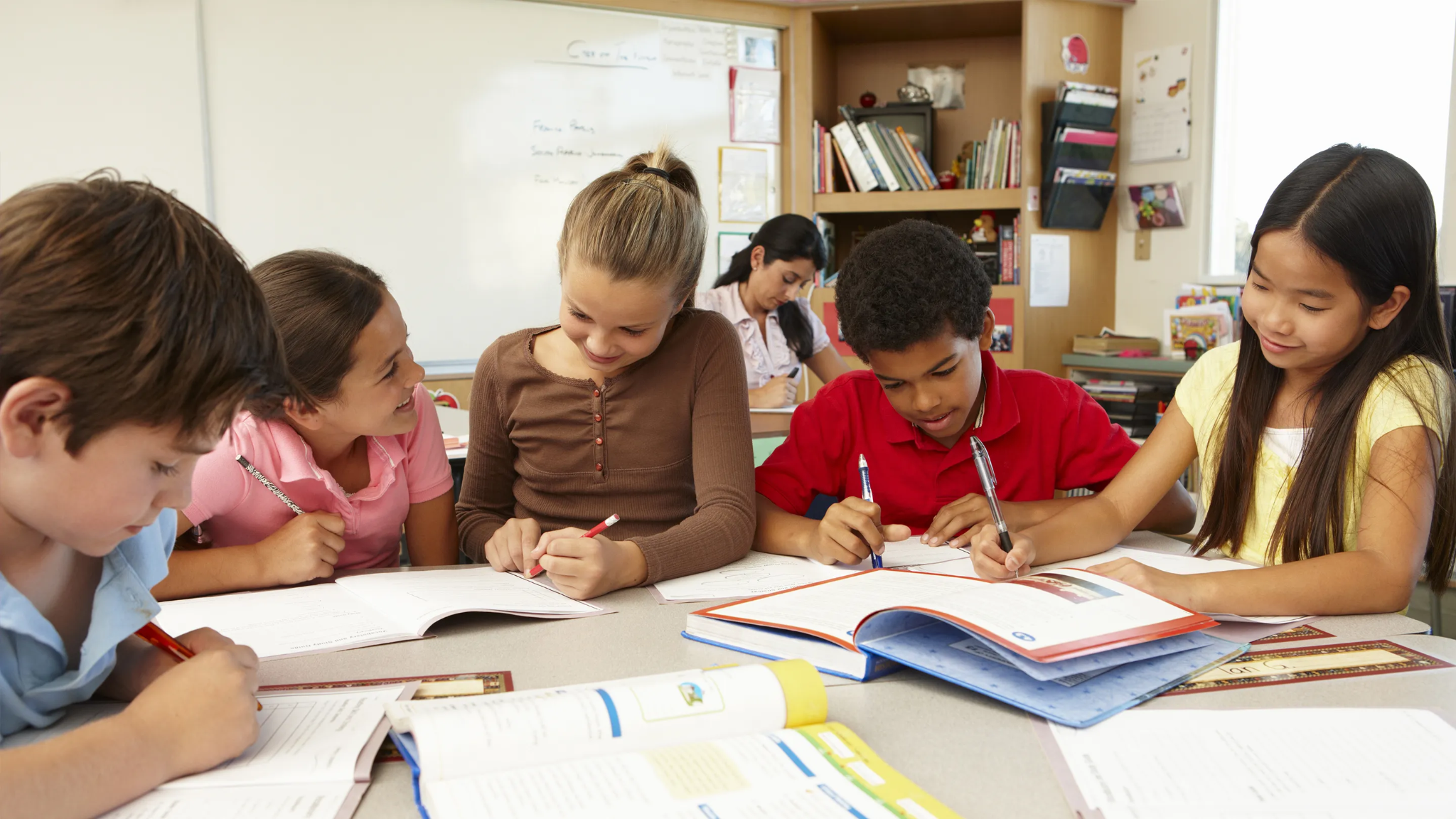
In a world where academic success is often prioritized over emotional intelligence, Sel Curriculum is emerging as a crucial tool to help students develop the essential life skills needed for success in all aspects of their lives. Let’s explore how SEL curriculum can empower students to navigate challenges, build healthy relationships, and thrive in today’s fast-paced society.
What is Social Emotional Learning (SEL)?
Social Emotional Learning, or SEL, is a term that has gained significant attention in the education world over the past few decades. It refers to a set of skills and competencies that enable individuals to understand and manage their emotions, build positive relationships, and make responsible decisions. SEL goes beyond traditional academic learning and focuses on developing essential life skills that are crucial for personal and professional success.
Components of Effective SEL Programs
Effective social and emotional learning (SEL) programs are essential for helping students develop crucial life skills that will benefit them in all aspects of their lives. These programs go beyond traditional academic education and focus on developing the whole child, including their emotional intelligence, social skills, and self-awareness.
But what makes an SEL program truly effective? In this section, we will explore the key components that make up an effective SEL curriculum.
- Clear Goals and Objectives:
The first component of any effective SEL program is having clear goals and objectives. This means identifying the specific outcomes that the program aims to achieve for students. These goals should align with the core competencies of SEL, which include self-awareness, self-management, social awareness, relationship skills, and responsible decision-making. By setting clear goals and objectives, educators can ensure that each lesson or activity is purposeful and contributes to overall student growth.
- Developmentally Appropriate Curriculum:
An effective SEL curriculum must be tailored to meet the developmental needs of students at different stages of their educational journey. The content should be age-appropriate and relevant to students’ experiences. For example, younger students may focus more on building basic social skills like sharing and empathy while older students may delve deeper into topics such as conflict resolution or managing emotions effectively.
- Active Learning Strategies:
One size does not fit all when it comes to teaching SEL skills as every student learns differently. Therefore, an effective SEL program should incorporate a variety of active learning strategies such as role-playing activities, group discussions, journaling exercises, games or simulations to engage diverse learners in a meaningful way.
- Parental Involvement:
Parents play a critical role in their child’s development; therefore parental involvement is another vital component of an effective SEL program. Educators can collaborate with parents by providing them with resources on how they can support their child’s social-emotional learning at home.
- Trained Educators:
The success of SEL programs is highly dependent on the educators delivering them. It is crucial that educators receive proper training and professional development to effectively teach SEL skills to their students. This includes understanding the core competencies, knowing how to create a safe and inclusive classroom environment, and being able to facilitate effective discussions around emotions and relationships.
An effective SEL program consists of clear goals and objectives, developmentally appropriate curriculum, active learning strategies, parental involvement, and trained educators. These components work together to create a holistic approach to developing essential life skills in students that will benefit them well beyond the classroom.
Conclusion: The Impact of SEL on Students’ Lives
In this article, we have discussed the importance and benefits of Social Emotional Learning Curriculum in equipping students with essential life skills. From improving academic performance to promoting overall well-being, SEL has a significant impact on students’ lives.
One of the key takeaways from this discussion is the fact that SEL is not just about academic success but also about creating well-rounded individuals who are capable of navigating through various challenges in life. By focusing on self-awareness, self-management, social awareness, relationship skills, and responsible decision-making, SEL helps students develop important competencies that are crucial for their personal and professional growth.
